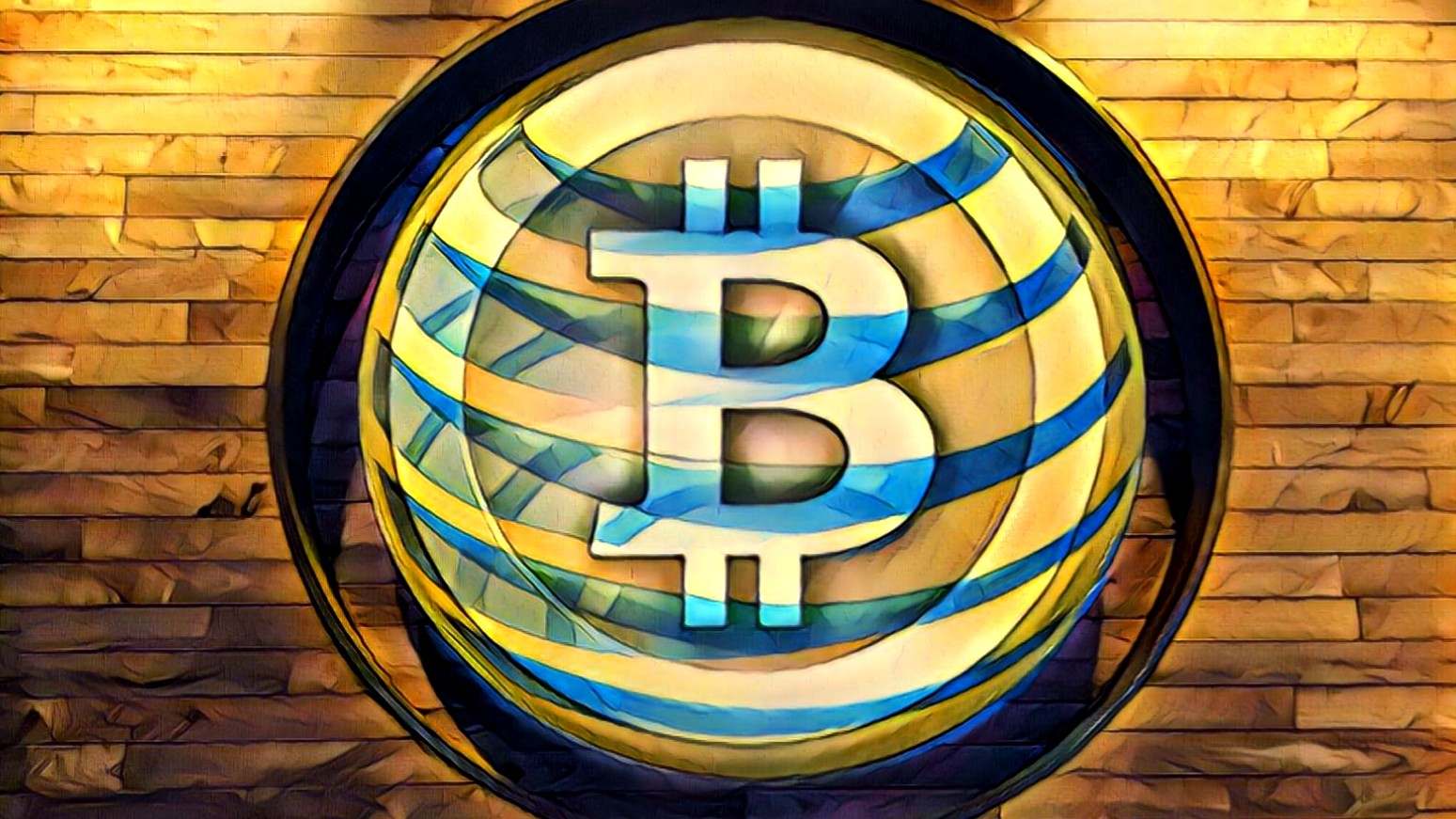AT&T, the world’s largest telecommunications company, now accepts Bitcoin (BTC) for bill payments, making it the first major US mobile carrier to accept cryptocurrency. This is a big step for Bitcoin’s adoption as a currency.
As AT&T is a global telecommunications leader, we can expect to see competitors such as T-Mobile and Verizon follow suit if they don’t want to get left behind and miss out on potential customers who would prefer paying with Bitcoin.
Is AT&T Accumulating Bitcoin?
Anthony Pompliano, Bitcoin bull and co-founder of Morgan Creek Digital assets, shared his excitement over this announcement, noting that there are only 21 million Bitcoin that everyone is trying to accumulate.
AT&T just announced that they will now accept Bitcoin for bill payments.
There are only 21 million.
Everyone is trying to accumulate Bitcoin 🔥
— Pomp 🌪 (@APompliano) May 23, 2019
While Pomp is right to be excited about AT&T’s acceptance of Bitcoin because it’s a step in the right direction for mass adoption, his tweet is kind of misleading, because AT&T is not actually accumulating Bitcoin. The BTC they receive as payment is instantly transferred to US dollars via BitPay, a leading Bitcoin payments processor.
Calling Pomp out for his somewhat misleading tweet, Crypto Chico, a crypto YouTuber, said:
ughhh POMP i thought you were smarter than this, @BitPay is taking the bitcoin and converting it into USD for AT&T, stop spreading misinformation bruh
— Chico Crypto (Giving Away Eth-Jeez Greedy F***s) (@ChicoCrypto) May 23, 2019
AT&T’s acceptance of Bitcoin follows a trend of increasing merchant acceptance of Bitcoin and other cryptocurrencies.
As previously reported by IIB, major retailers including Starbucks, Whole Foods, Crate and Barrel, Nordstrom, and others began accepting Bitcoin last week through the SPEDN app that’s powered by the Flexa network. However, like BitPay, merchants never actually receive the Bitcoin, as it is converted to USD upon payment.
When Will Merchants Accept Real Bitcoin?
Currently, merchants do not want to accept Bitcoin directly because of its high level of volatility, latency, and sometimes high transaction fees. Merchants also lack the knowledge on how to use Bitcoin. If they’re going to accept it, Bitcoin must be very simple and easy to receive, send, and store without any risk of losing it.
Innovations are currently being developed to make Bitcoin a more viable method of payment. For example, the lighting network will allow for Bitcoin transactions with vastly reduced fees and latency.
Eventually, innovations such as the lightning network and the apps that go with it will allow consumers and merchants to transact Bitcoin safely and easily. As for Bitcoin’s problem with volatility, it is expected to go down as Bitcoin’s market cap increases and it becomes more widely adopted.
When do you think merchants will actually begin accepting real Bitcoin, instead of just Bitcoin payments through payment processors? Let us know what you think in the comment section below.

